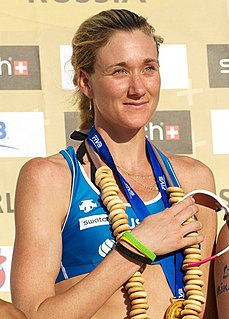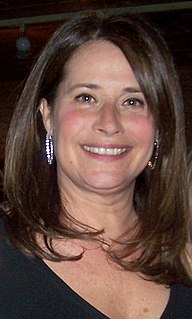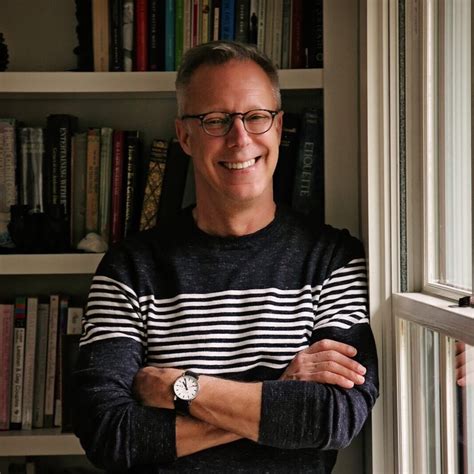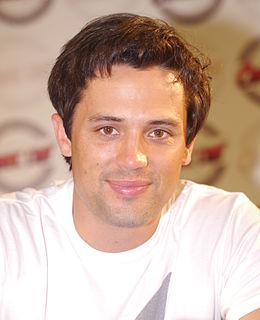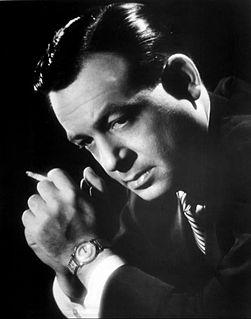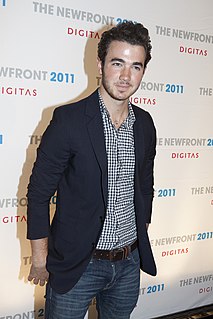A Quote by Lawrence Kohlberg
The arguments about parents being too permissive and kids growing up without superegos are not based on fact. Our research tells us that the family is not the only purveyor of morality.
Related Quotes
I want to be the best role model I can be for my family. I want my husband and I to be the ones our kids look to for guidance, to be the great role models that I had with my parents growing up, so for as hard as we work, I want our kids to see us having fun. I want our kids to know that we have to feel our bodies. And nutrition is a huge part of that.
When we talk about something like student loans, what we should be talking about is the fact that every American wants their kids to do better than we have done. If we can get that, the other thing we'd really like is for our kids to be able to come home and raise their kids in the community where we raised them. What unites all of us, no matter where you live in the country, is we want our family to be safe, we want the next generation in our family to be more successful than us, and we would like our family to be close together.
I've come to realize that making it your life's work to be different than your parents is not only hard to do, it's a dumb idea. Not everything we found fault with was necessarily wrong; we were right, for example, to resent, as kids, being told when to go to bed. We'd be equally wrong, as parents, to let our kids stay up all night. To throw out all the tools of parenting just because our parents used them would be like making yourself speak English without using ten letters of the alphabet; it's hard to do.
I worry about the kids who have too much. As a parent living in a so-called good neighborhood with children who went to private high school, I found myself spending much time in parent groups worrying about alcohol, unsupervised parties, and parents not being parents. We've got to send messages to our kids about what is important.
The fact that we represented freedom, you know. We talked about that in the songs and I think that the parents, like all parents, they want their kids to be in line and not go crazy or do anything too weird (laughs). And for some reason, I think, people identified The Doors as representing just being able to do whatever you wanted to do.

